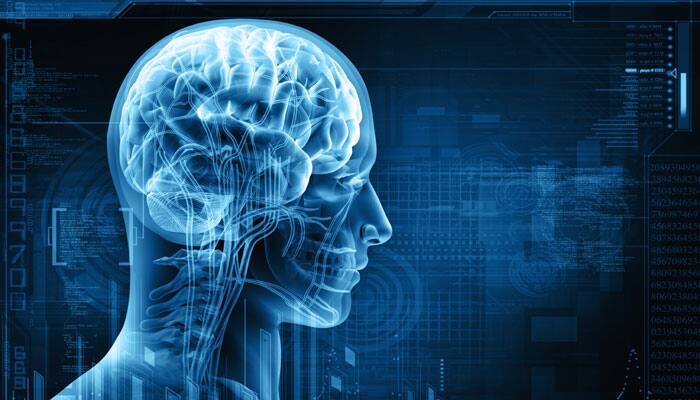Washington: Four studies, exploring memory decline in the people with epilepsy, have uncovered the biological factors that mediate memory loss.
Loss of neurons from the hippocampus, a brain region that processes and stores memories, is a common cause of temporal lobe epilepsy. People with temporal epilepsy caused by hippocampal sclerosis (TLE-HS) have impaired memory and find it particularly challenging to recall details of specific events in everyday life.
In the first study, (abstract 2.326) researchers from the University of Sao Paulo report that the patients with TLE-HS have everyday dramatic memory deficits that may not be detected via traditional neuropsychological tests. Patients with TLE-HS also had difficulty orienting themselves in time and space. The authors further report that cognitive performance was significantly lower in patients with poor seizure control and those taking multiple antiepileptic drugs.
Everyday memory evaluation does not replace the traditional neuropsychological tests, but adds valuable information regarding memory complaints and guide rehabilitation, says author Kette Valente.
In a second study, (abstract 3.312) researchers from the Federal University of Sao Paulo show that reduced cell density in certain parts of the hippocampus may be linked to deficits in short- and long-term memory in certain patients with TLE-HS.
"Despite the fact that the literature describes only correlation between verbal memory tests and hippocampal cell densities in patients with left hippocampal sclerosis, we found a correlation between right hippocampal cell densities and performance on visual memory tests, including both immediate and delayed recall," says authors Sandra Mara Comper and Anaclara Prada Jardim.
A third study (abstract 3.244) finds that large brain function networks are affected by focal forms of epilepsy. Author Vicente Camacho from National Autonomous University of Mexico said that the results show that while patients have relatively small deficits in working memory, the activity of the cortical networks that support such a function are predictive of their performance.
A fourth study finds that a generalized seizure leads to diminished short and long-term memory by interfering with key signaling pathways in the brain. "Studies are underway to reveal how seizures affect various types of memory and to explore the associated molecular signaling and morphological alterations," says author Angela Carter.
The studies have been presented at the American Epilepsy Society's (AES) 69th Annual Meeting.
















